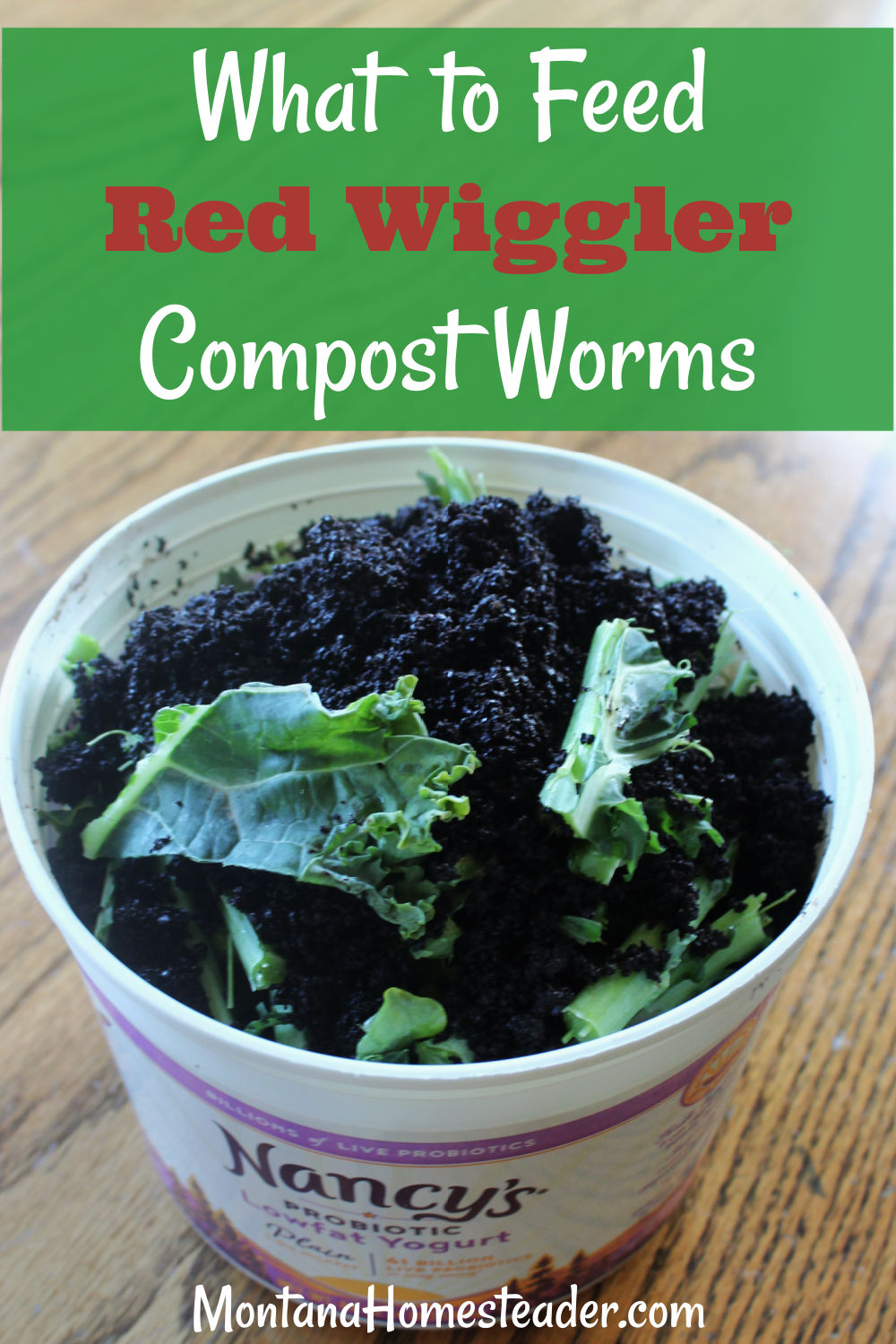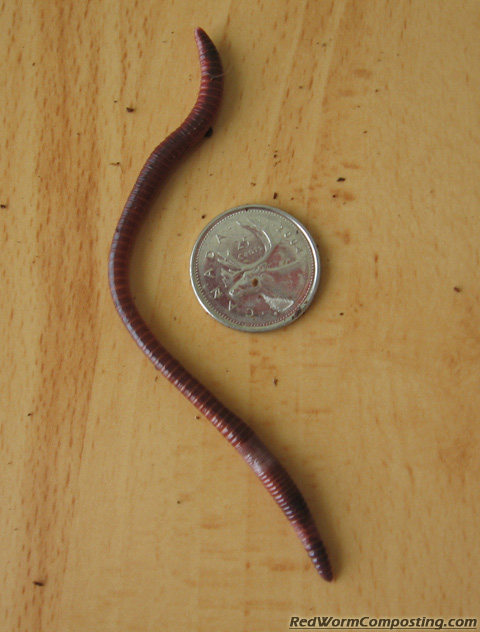Comprehensive Lawn Care Tips from Red Wiggler Express
Comprehensive Lawn Care Tips from Red Wiggler Express
Blog Article
The Amazing World of Red Wigglers: Boost Your Soil Fertility Today
These tiny yet efficient organisms change organic waste into beneficial worm castings, dramatically improving dirt health and wellness and promoting lasting methods. As we explore the benefits of vermicomposting and the useful actions to develop an efficient worm bin, the potential effect of these worms on your horticulture success comes to be increasingly apparent.
Understanding Red Wigglers
Red wigglers, scientifically known as Eisenia fetida, are a types of earthworm that play an important duty in enhancing dirt fertility. These worms prosper in organic-rich environments, such as garden compost piles and decomposing plant material, where they take in organic waste and eliminate nutrient-dense spreadings. Their one-of-a-kind makeup, featuring a fractional body and a clitellum, enables them to duplicate rapidly and efficiently process large quantities of natural matter.

The eco-friendly relevance of red wigglers extends past mere waste handling; they add to the soil food internet, cultivating a diverse community of bacteria that even more boost soil wellness. Understanding the biology and actions of red wigglers is crucial for utilizing their full capacity in sustainable farming and horticulture methods.
Benefits of Vermicomposting
(Red Wiggler Express)Using the power of red wigglers via vermicomposting deals many benefits that dramatically improve dirt health and wellness and fertility. One of the key benefits is the manufacturing of nutrient-rich worm spreadings, which are an excellent natural fertilizer. Red Wiggler Express. These castings contain crucial nutrients like nitrogen, phosphorus, and potassium, promoting durable plant growth and boosting crop yields
Additionally, vermicomposting enhances soil structure and aeration. The visibility of worm castings boosts dirt appearance, allowing for much better water retention and drain. This balanced dampness level is essential for root advancement and the overall health and wellness of plants. Additionally, red wigglers aid damage down organic matter, accelerating disintegration and recycling nutrients back right into the dirt.
Vermicomposting also cultivates microbial activity, which is vital for a healthy dirt ecosystem. Beneficial bacteria thrive in the visibility of worm spreadings, aiding in the breakdown of natural products and enhancing nutrition accessibility to plants.
Last but not least, vermicomposting functions as a reliable waste monitoring service, decreasing land fill waste by reusing kitchen scraps and other natural materials. This not just contributes to environmental sustainability but also promotes a circular economy within horticulture and agriculture.
Exactly How to Establish Up a Worm Bin
Establishing a worm container is a simple process that can dramatically boost your composting efforts. Begin by picking a suitable container, which can vary from a commercially offered worm container to a basic plastic or wood box (Red Wiggler Express). Make certain the container has sufficient ventilation; tiny holes in the cover and sides will promote air blood circulation
Following, produce a bedding layer to offer a comfy setting for the red wigglers. This can be made from shredded paper, cardboard, or coconut coir, moistened to a wet, sponge-like uniformity. Load the container to about one-third full with this bedding product.
As soon as the bed linens is prepared, it's time to present the worms. Red wigglers prosper in organic waste, so area them gently onto the bed linens. Cover the worms with a light layer of extra bedding to aid them adjust.
Feeding Your Red Wigglers
Offering the appropriate food for your red wigglers is crucial for their health and wellness and see this site the performance of your composting system. Red wigglers thrive on a varied diet plan, mostly including organic products such as fruit and vegetable scraps, coffee grounds, and shredded paper. These materials not only supply vital nutrients yet likewise add to the microbial task in the worm container, which is critical for the worms' food digestion.
It is essential to stay clear of particular foods, such as dairy items, oils, and meats, as these can draw in insects and produce unpleasant odors. Additionally, citrus peels and excessively spicy foods must be restricted because of their potential to damage the worms. A well balanced technique to feeding entails checking the amount of food presented to the container, making sure that it is eaten within a practical timespan to stop excess waste accumulation.
To promote optimal food digestion, it is beneficial to cut or shred bigger food things before adding them to the bin. This technique enhances the surface for microbial action, assisting in quicker decomposition and boosting the overall effectiveness of your composting system. Frequently observing the worms' feeding practices will certainly help you readjust their diet as required.
Using Worm Spreadings in Your Yard

(Lake Hickory Bait)Incorporating worm castings into your garden can be achieved by mixing them right into the soil or using them as a top dressing. The slow-release nature of these spreadings makes sure that nutrients are readily available to plants over an extensive period, minimizing the requirement for synthetic plant foods. In addition, worm castings have valuable bacteria that promote healthy soil communities, improving the overall resilience of your garden.
To make the most of the benefits, goal to use roughly one component worm spreadings to 3 components dirt in your growing beds. Normal applications can result in enhanced crop returns and much healthier plants, making worm castings a vital resource for both newbie and knowledgeable garden enthusiasts alike. By utilizing this all-natural modification, you can grow a successful garden while adding to sustainable gardening methods.
Final Thought
To conclude, red wigglers exemplify the essential duty of vermicomposting in boosting dirt fertility. Their ability to transform organic waste right into nutrient-rich castings considerably improves dirt framework and sustains microbial variety. Establishing a vermicomposting system not only promotes lasting horticulture methods yet also adds to ecological wellness. By leveraging the benefits of these exceptional organisms, garden enthusiasts can cultivate extra efficient and durable environments, eventually cultivating a much more sustainable approach to farming and cultivation.
Report this page